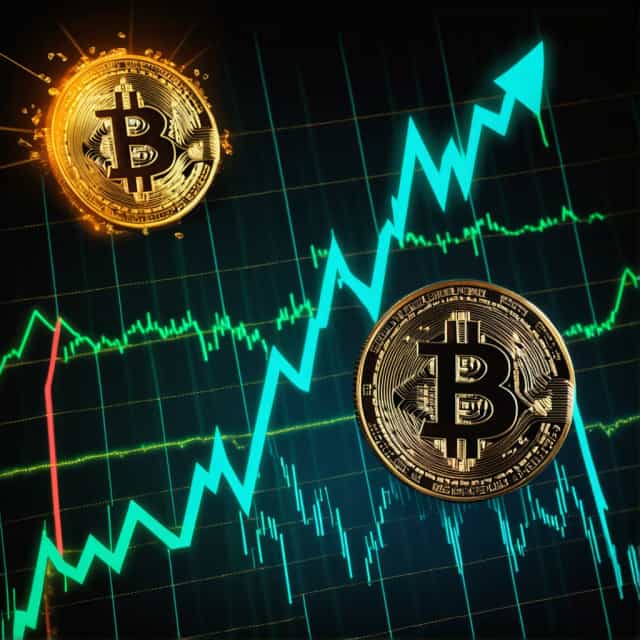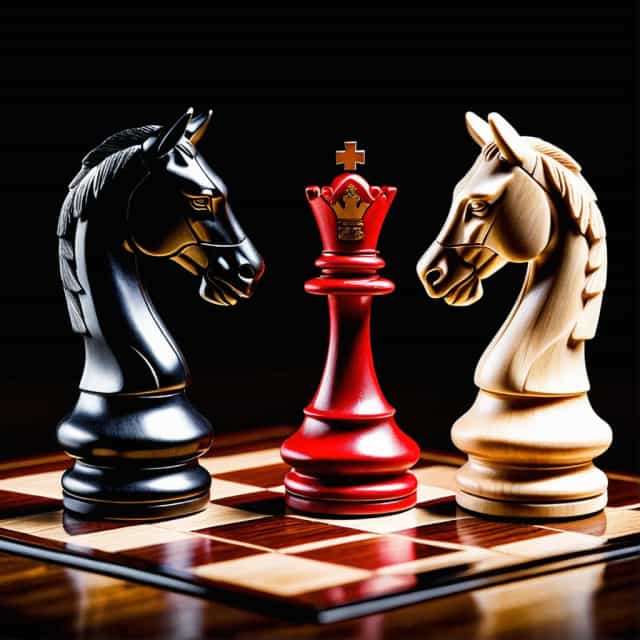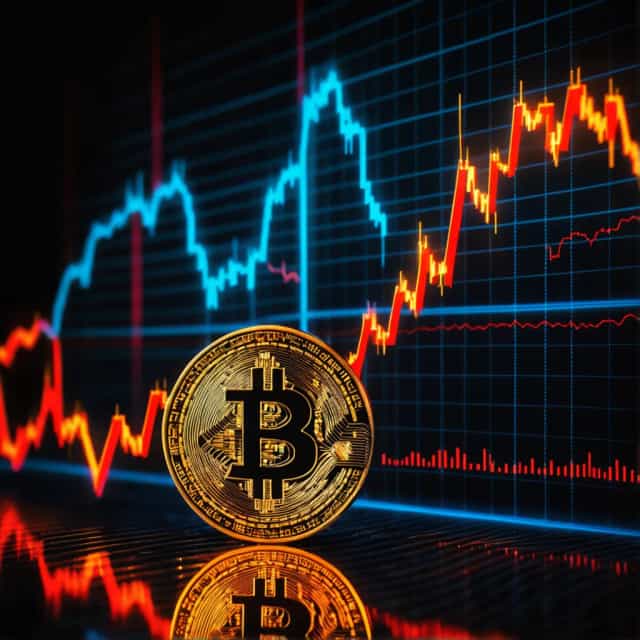
출처: Block Media
Uncertainty Surrounds Potential Trump-Putin Second Summit Amid Diplomatic Tensions
The prospect of a second summit between U.S. President Donald Trump and Russian President Vladimir Putin hangs in the balance, casting doubt over the future of U.S.-Russia diplomatic relations. Recent remarks from both Trump and Kremlin officials suggest a significant cooling of expectations. Trump indicated on Thursday his reluctance to attend a summit he deemed could turn into a “wasted meeting,” leaving questions about the feasibility of renewed high-level talks between the two nations.
U.S. Indicates Delay in Summit and Focuses on Ceasefire Conditions
While not formally canceling plans for a second summit, Trump strongly emphasized the need for freezing current front-line positions as part of a potential ceasefire agreement. This condition has faced continual resistance from the Kremlin. During a press briefing at the White House, Trump explained, “I don’t want a wasted meeting. I don’t want to waste my time, so we’ll see what happens,” adding that a definitive announcement regarding the summit would be made within the next two days.
Despite optimistic comments on achieving a ceasefire, Trump’s overall tone regarding the ongoing conflict — which predominantly revolves around Ukraine’s struggle against Russian aggression — carried a notably more pessimistic outlook. This shift in sentiment reflects waning hopes for a quick resolution. Earlier on Thursday, White House officials confirmed the absence of concrete plans for another face-to-face meeting between Trump and Putin.
In parallel, Bloomberg reported input from an anonymous U.S. official who characterized Monday’s phone call between U.S. Secretary of State Marco Rubio and Russian Foreign Minister Sergei Lavrov as "productive." However, the same report suggested further high-level discussions between the two governments are unwarranted at this stage of diplomatic negotiations.
Trump’s Shift in Rhetoric on U.S.-Russia Relations
Trump’s recent comments represent a substantial departure from the optimism he expressed after a phone conversation with Putin just last week. On that occasion, Trump had confidently stated expectations for a summit “in about two weeks” and hinted at an imminent follow-up meeting between Rubio and Lavrov. This abrupt pivot underscores a recalibration by the Trump administration regarding the feasibility or efficacy of near-term talks between key stakeholders.
Kremlin Echoes Skepticism Over Immediate Progress
Mirroring sentiments voiced by the Trump administration, the Kremlin also adopted a more cautious tone regarding the possibility of a second summit. Kremlin spokesperson Dmitry Peskov remarked to Interfax news agency earlier this week, “The work ahead will be difficult, and serious preparation will be required.” This acknowledgment stands in stark contrast to the more optimistic outlook projected by Russian officials earlier in the month, signaling tempered expectations on both sides.
Trump’s repeated calls for an end to hostilities continue to dominate his public statements on the issue, reiterating the need for freezing front-line combat zones to facilitate peace negotiations. However, alongside these appeals, the President cast doubt on Ukraine’s military capabilities to resist Russian advances. His indecision on extending military aid to Ukraine or introducing new rounds of sanctions on Moscow has further complicated the U.S.’s long-term strategic posture in the region.
Zelensky and Putin Vie for Strategic Advantage Through Diplomacy
The intricacies of diplomatic maneuvering have also drawn Ukrainian President Volodymyr Zelensky and Vladimir Putin into global audiences. Zelensky visited Washington last Friday, pressing for stronger U.S. military support, including Tomahawk missiles and additional defense aid to counter Russian aggressions. During this time, Putin reached out to Trump via phone call the day prior, wherein the two leaders tentatively agreed to convene in Budapest, Hungary for a potential summit.
Trump raised concerns during this call about the risks of any summit becoming a strategic delay tactic by Putin, previously noted for using diplomatic engagement to stall progress on conflict resolution initiatives. Referencing their August meeting as an example, Trump acknowledged the Kremlin’s lack of tangible outcomes but refuted claims that Putin was manipulating him. Instead, he stressed that Moscow remains committed to seeking a resolution to the nearly four-year-long conflict in Ukraine.
Future Stakes for U.S.-Russia Relations
The current stagnation in diplomatic efforts poses immense challenges for both Washington and Moscow. Trump must navigate a delicate balance between pushing for de-escalation of the conflict and preserving strategic U.S. leverage against Russia.
The unfolding scenario further raises questions about geopolitical stability, with no clear path ahead. Whether a second summit will materialize in the near future remains uncertain, but the stakes are undoubtedly high for both nations. As both Trump and Putin weigh their options, the coming days and weeks will be pivotal in determining whether meaningful progress can be achieved in this protracted saga.










